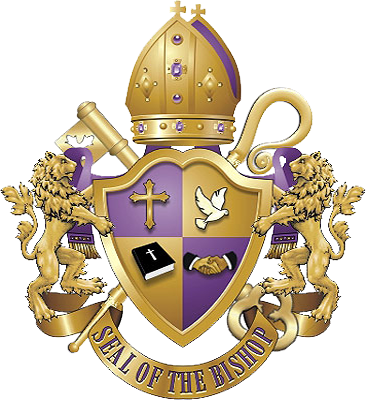The First Bishops of the New Testament
Church: Their Lives and Contributions
Lesson 3.3: Ignatius' Enduring Influence
Ignatius of Antioch stands as one of the most influential figures in early Christian
history, not only for his martyrdom but also for his theological writings that have shaped
Christian thought for centuries. As we’ve explored earlier, Ignatius emphasized church
unity and the critical role of bishops in preserving doctrinal integrity. In this lesson, we
will reflect on how his teachings and example continue to resonate in Christian theology
and practice today.
One of Ignatius’ most enduring contributions is his vision for church unity under the
leadership of bishops. In his letters, written during his journey to martyrdom, Ignatius
repeatedly stressed the importance of a unified church. He viewed the bishop as a
central figure, representing Christ and serving as a focal point for maintaining harmony
and orthodoxy. This emphasis laid the foundation for hierarchical leadership in the
church, where bishops became pivotal in safeguarding theological correctness and
fostering unity among believers. His teachings reinforced the idea that fragmentation
could lead to doctrinal error and weaken the church’s mission.
Ignatius’ writings also contributed significantly to the development of Christian theology.
His letters are among the earliest texts to affirm the divinity of Christ alongside His
humanity, a concept that later became central to Christian doctrine. By referring to
Jesus Christ as both “God” and “man,” Ignatius provided a theological framework that
would influence the development of Christology, especially during debates in
subsequent centuries. This dual emphasis helped the early church articulate a
balanced understanding of Jesus’ divine and human natures, which eventually
culminated in the formalized doctrines of the Council of Nicaea and other ecumenical
councils.
Another key aspect of Ignatius’ influence lies in his approach to martyrdom. His
willingness to embrace suffering and death for his faith served as a powerful testament
to early Christians. Ignatius regarded martyrdom as a pathway to union with Christ, a
sentiment expressed vividly in his letter to the Romans, where he likened his impending
death to being “ground as wheat” to become pure bread for God. This perspective
shaped early Christian attitudes toward persecution, inspiring believers to endure
hardships with courage and hope. His example helped establish the concept of
martyrdom as a profound act of witness to the faith, which remains significant in
Christianity to this day.
Ignatius also addressed the importance of the Eucharist as a unifying and sustaining
practice for the Christian community. He referred to the Eucharist as the “medicine of
immortality,” emphasizing its role in nurturing spiritual life and maintaining communion
with Christ. His writings on this topic reinforced the centrality of the sacrament in
Christian worship, a tradition that continues across denominations. By highlighting the
Eucharist’s connection to the unity of the church, Ignatius underscored its importance
not only as an act of worship but also as a means of fostering solidarity among
believers.
Over the centuries, Ignatius’ influence has extended beyond the theological realm to the
practical organization of the church. His insistence on the authority of bishops and the
unity of the church provided a model for ecclesiastical structure that remains
foundational in many traditions. His views on Christology and the Eucharist have deeply
shaped Christian liturgy and belief, while his example of martyrdom continues to inspire
devotion and faithfulness.
In conclusion, Ignatius of Antioch’s life and writings have left an indelible mark on
Christian theology and practice. His vision for church unity, his theological insights, his
example of martyrdom, and his emphasis on the Eucharist have all contributed to the
ongoing development of the Christian faith. Ignatius’ enduring influence reminds us of
the vital role early leaders played in shaping the foundations of the church, ensuring its
survival and growth amid the challenges of their time

Comments are closed.